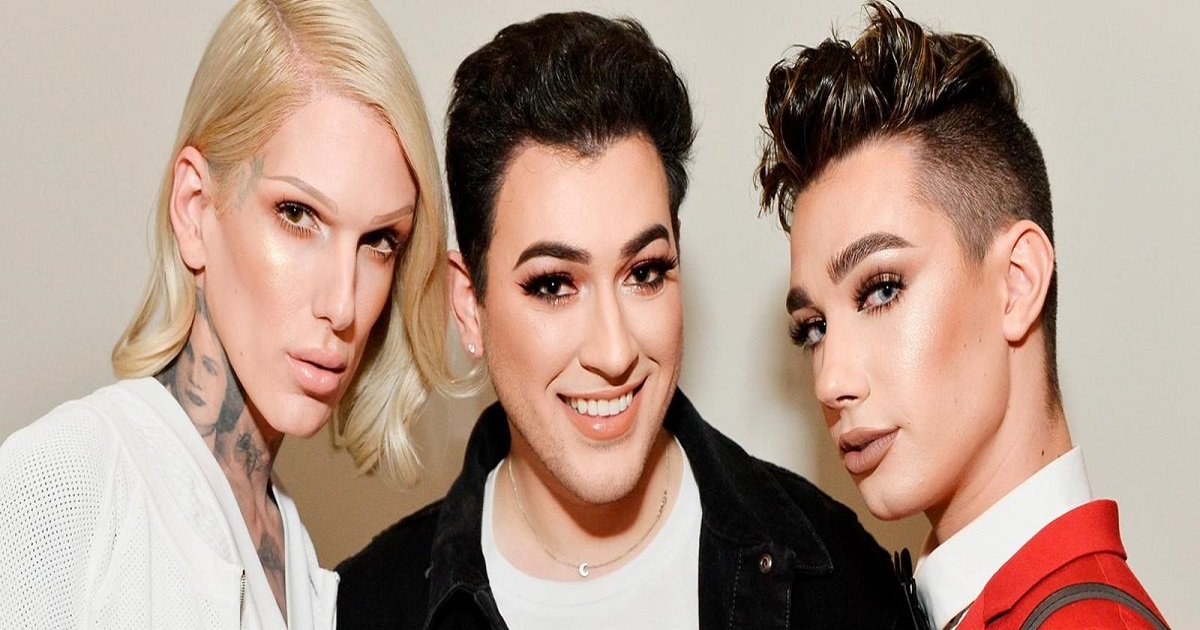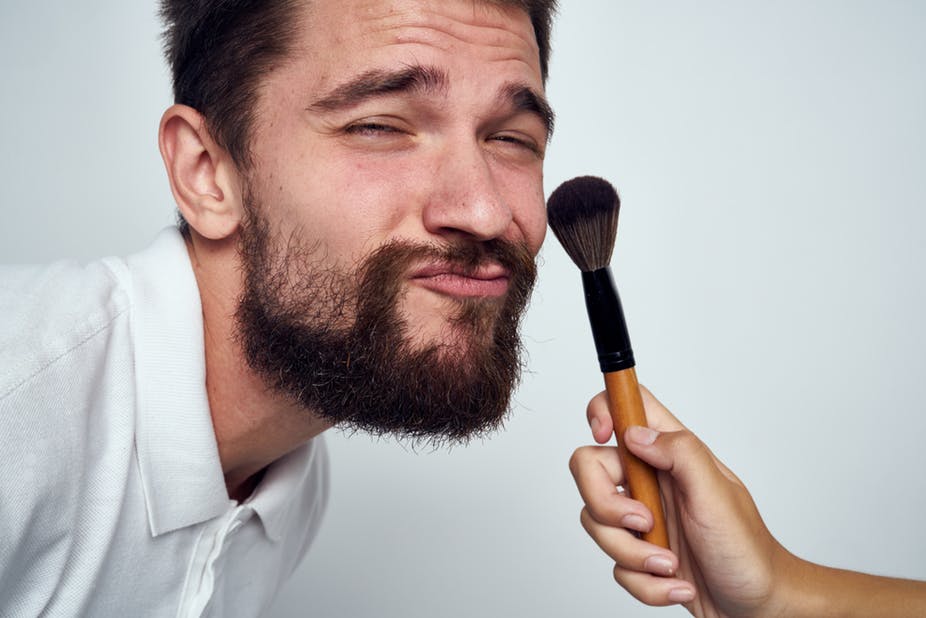David Beckham is set to appear on the cover of
LOVE 20.5, in Dior, featuring green rose and bird tattoos twisting up his neck thanks to stylist Kim Jones. Says make-up artist Miranda Joyce, “With the lighting and the pose, David reminded me of David Sylvian from [1970s and ‘80s band] Japan. It seemed right to add eye make-up, the bright blue that Bowie wore in the Life on Mars video. I knew David could make it work, even though it wasn’t something he’d done before.”
But what has people talking is not the fact that Beckham is appearing in a style magazine but his eyeshadow.
Although men have been using make-up for centuries (e.g. Alexander the Great, the wigs and beauty spots during the reign of Louis XIII, etc.), sometime in the 1800s the idea that men don’t wear make-up took root. While stars such as Bowie, Prince, and Johnny Depp did wear make-up, it was more in the spirit of social defiance than a means to just look good.
But with Beckham appearing on the cover of LOVE, the question arises if men’s make-up is starting to go mainstream.
Already, Chanel and Tom Ford have launched men’s cosmetic lines and male make-up artists Manny Gutierrez and James Charles feature in the marketing campaigns of Maybelline and Covergirl, respectively.
Answering the question of why facial decoration is an idea that has traditionally met much resistance among men, Glen Jankowski, a lecturer in the School of Social Sciences at Leeds Beckett University, says, “Well, they’re told to be.
Despite claims of increasing metrosexuality, gender norms for men are still strong. Analyses of toys marketed to boys, for example, show that the messages are still to be strong, brave and uninvested in your appearance. For girls, beauty is key.
”
However, the trend appears to be steadily shifting. In 2017, the male-grooming business was valued at $57.7 billion. But Research and Markets project that by 2023, the market will reach $78.6 billion. And this isn’t just a little Nivea cream applied here and there. The market encompasses products such as moisturizing foundation and bronzers, concealers, and brow definers, items that are considered proper cosmetics.
LGBT activist Jeffrey Ingold says, “Masculinity is still such a fragile concept; the fact that Beckham wearing eyeliner is headline news shows how little things have changed. Suicide rates among young men are alarmingly high and part of the [reason for that] is the culture of toxic masculinity that restricts what’s acceptable for men to do. Not feeling you can be yourself is incredibly damaging to a person’s mental well-being.”
But with more men experimenting with their appearance, Ingold says that it could be a sign that we’re expanding the idea of “what it means to be a man.
” And Miranda Joyce agrees, saying, “While gender fluidity is in the spotlight, we’re still a patriarchal society. Beckham in make-up communicates a certain liberation from the norm; he’s a sportsman and a businessman and a style leader and, on the cover, I think he personifies modern masculinity, confident to step out of his comfort zone and experiment.
”





